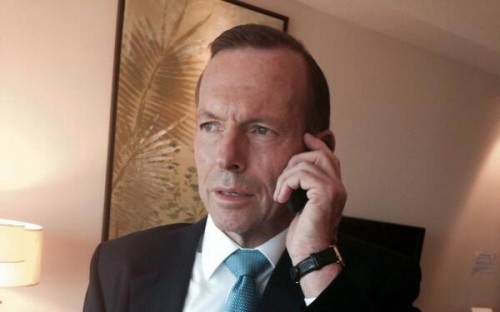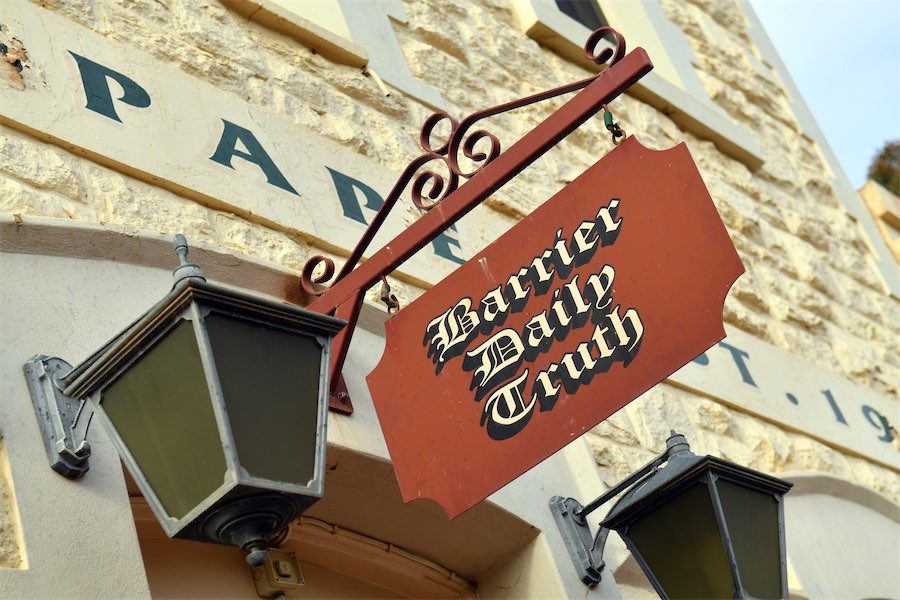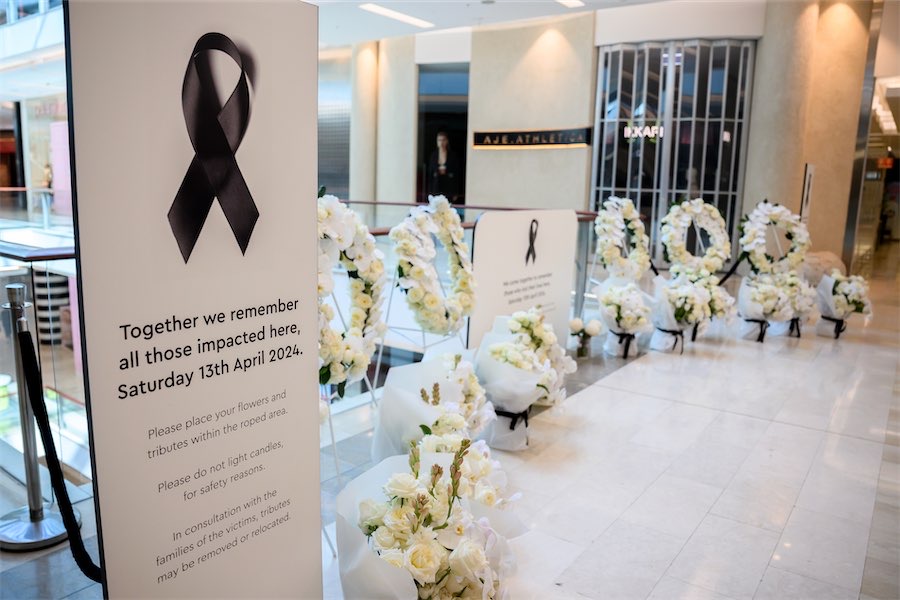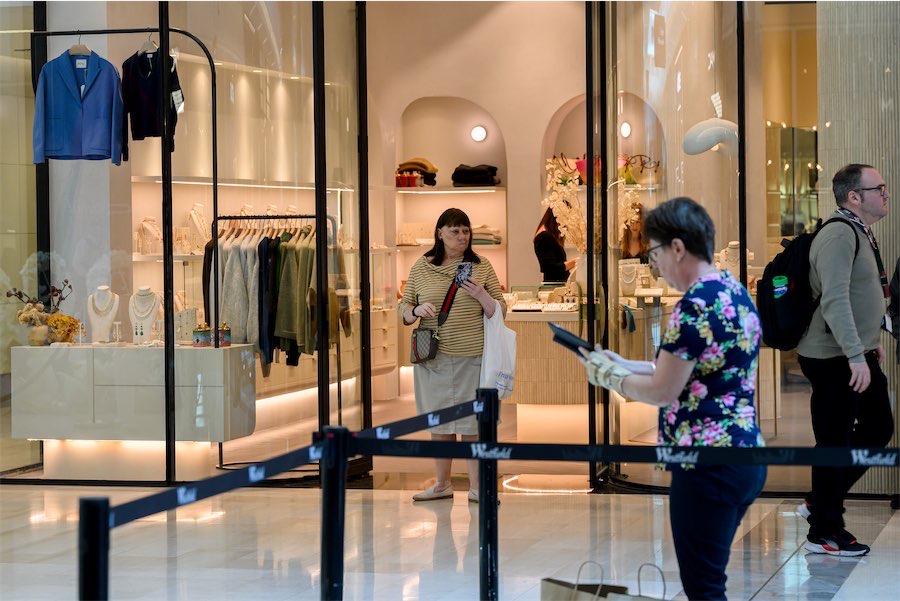By Michelle Grattan, University of Canberra
THE Russians have started coming. On Thursday, an aircraft with about 80-90 Russians arrived in preparation for the G20 Leaders’ Summit in Brisbane. There will be four more official planes, including President Vladimir Putin’s, a back-up, and one for cargo.
As Team Russia assembles, Tony Abbott and Putin are playing cat-and-bear. Alexander Odoevskiy, second secretary at the Russian embassy, says that last week Australia put a formal request to Moscow for the Prime Minister to have a bilateral with the President at APEC in Beijing next week. Odoevskiy does not know the answer.
Abbott originally threatened to “shirt-front” Putin in Brisbane, which never seemed a good idea. More sensibly, he is now aiming to bring forward the conversation about the MH17 investigation.
As Abbott said to The Australian this week: “What I won’t be doing is disrupting the sessions of the G20 with a private argument between Australia and Russia.”
After his Thursday talks with visiting Dutch Prime Minister Mark Rutte, focusing on MH17, Abbott told a joint news conference: “One way or another, I will take the chance to speak to the Russian President sometime over the next week or so. I’ll be in Beijing with him at the APEC conference, then of course we’re expecting him at the G20 conference in Brisbane.
“What I’ll be saying to him is that Australia expects full Russian co-operation with the [MH17]investigation. We don’t want the investigation ridiculed, we don’t want the investigation compromised or sabotaged…
“Russia as a member of the international community owes it to the world, owes it to humanity, to ensure that justice is done and wherever possible the perpetrators of this crime are brought to justice.”
Rutte has already delivered that message face-to-face to Putin, as has Foreign Minister Julie Bishop. Abbott will get the same answer as Putin gave to Bishop: that MH17 was downed over Ukraine, but he’ll use what influence he has.
But the PM wants to personally have the conversation, not least for domestic political reasons, including that he’s built up expectations of what he’ll say. Opposition Leader Bill Shorten has also put Abbott under pressure with his hard line on Putin.
International stages, abroad and at home, will dominate the Prime Minister’s attention over the next couple of weeks. He’s won marks earlier in this area, but every performance poses new tests, of which one is being seen to deliver a tough message to Putin without having the G20 meeting overshadowed.
Abbott leaves on Sunday for APEC, which will be followed by the East Asia summit in Myanmar, before he returns to host the G20 on the weekend of November 15-16.
In Beijing next week, Chinese President Xi Jinping is set to formally launch China’s new regional bank, the Asian Infrastructure Investment Bank, on which Australia has been caught awkwardly between the United States and China.
Ministers were split on whether Australia should join, with Treasurer Joe Hockey and Trade Minister Andrew Robb in favour and Foreign Minister Julie Bishop opposing – and carrying the day.
The deadline for the initial sign-up has passed. For the time being Australia is staying out. There is concern over governance issues but also the United States, which strongly lobbied Australia, is worried the bank will be used to extend China’s strategic influence in the region.
Abbott, with an eye to being in Beijing, is stressing there is no final decision against joining the bank – Australia wants further discussions about governance and transparency. He said this week: “We haven’t decided not to join. We would like to join but we want to join a multilateral institution, but not one that is basically owned and operated by China.”
Those in official circles who want Australia to join believe that’s Abbott’s inclination too.
The China bank fracas has seen detailed leaking from both sides about the internal row. The failure to sign up at the first stage represented another defeat for Hockey.
Now that the deadline has gone, the bank issue becomes less urgent. What is urgent over the next few days is landing the Australia-China free trade agreement.
Robb is in Beijing working on finalising the deal, where some thorny matters about agriculture needed to be ironed out.
Xi addresses federal parliament on November 17, straight after the G20. The agreement must be tied up before then. Abbott is confident. The details of the deal will be scrutinised by experts later to see what compromises were made in the quest to deliver on time.
As Abbott prepares to meet other leaders at both APEC and the G20, the government has finally moved this week to provide a more comprehensive response on Ebola.
Its reluctance had been obvious. The path it has taken, using a private medical provider, Aspen Medical, to run a British-constructed hospital in Sierra Leone, fitted its desire to be as hands-off as possible and – perhaps – its general philosophic preference to “go private” in health areas.
Cabinet’s national security committee has done the heavy lifting on the Ebola issue – holding multiple discussions – rather than the full cabinet. That is despite Abbott saying: “This is a public health emergency. It’s not a security emergency. It’s certainly not an economic emergency.”
The NSC’s brief has become very wide since national security issues came to the fore. Soon, the wits around the government will be comparing it with Kevin Rudd’s gang of four.
Ebola, including its potential economic impact (some experts are considerably more pessimistic than Abbott), is expected to be canvassed at the G20, though not as an agenda item.
After having been pressed hard by the US and Britain to put resources on the ground, Abbott had to make a credible commitment before he met Barack Obama and David Cameron. Not that they would have shirt-fronted him or anything.
Listen to the latest Politics with Michelle Grattan podcast, with Transparency International’s Maggie Murphy, here.
![]()
Michelle Grattan does not work for, consult to, own shares in or receive funding from any company or organisation that would benefit from this article, and has no relevant affiliations.
This article was originally published on The Conversation.
Read the original article.
Who can be trusted?
In a world of spin and confusion, there’s never been a more important time to support independent journalism in Canberra.
If you trust our work online and want to enforce the power of independent voices, I invite you to make a small contribution.
Every dollar of support is invested back into our journalism to help keep citynews.com.au strong and free.
Thank you,
Ian Meikle, editor





Leave a Reply